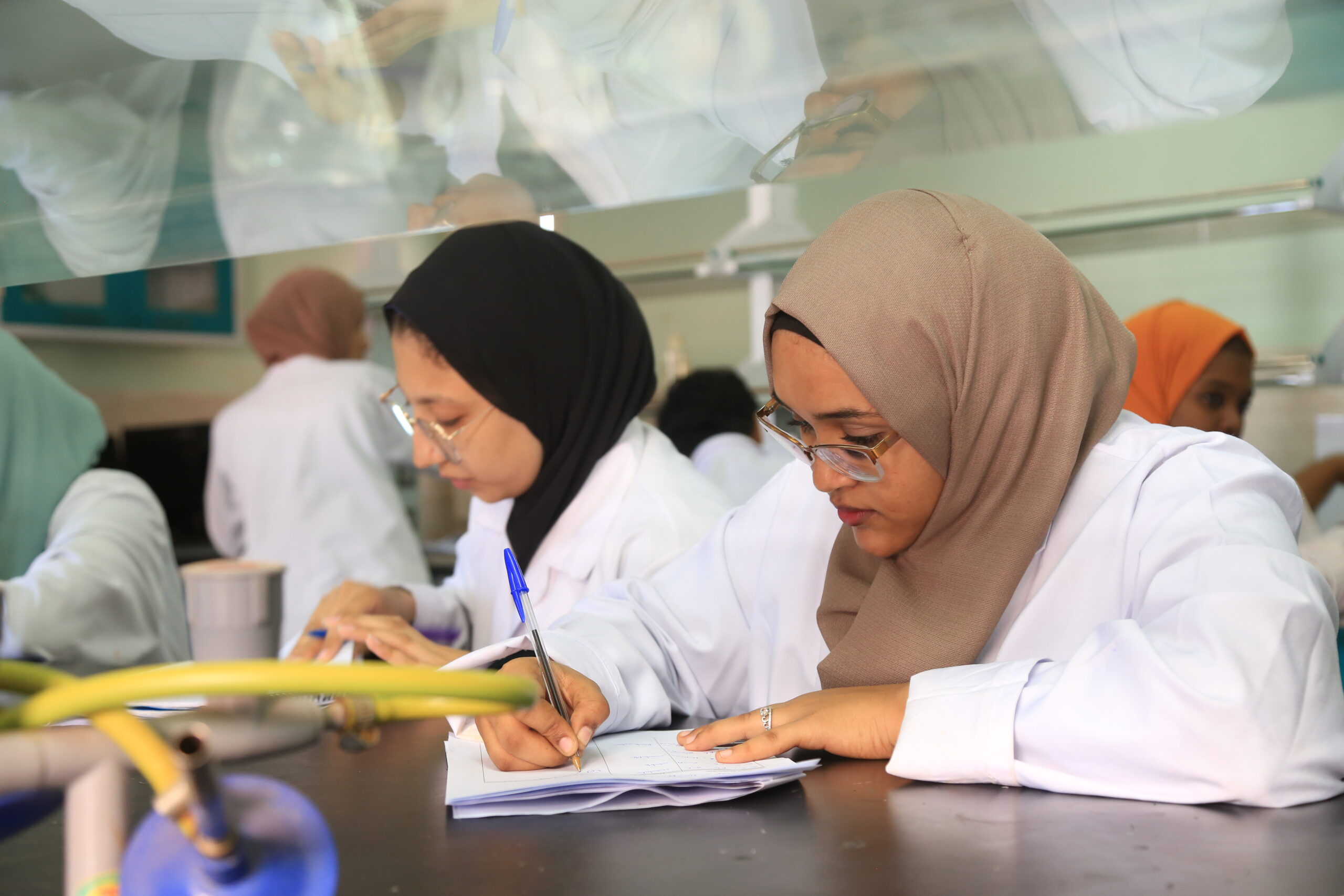Vision
To be a distinguished department in research and education of pharmacy for students in the field of Pharmacognosy locally and regionally
Mission
To meet the needs of the faculty in providing high quality education, research and service opportunities in the discipline of Pharmacognosy.
Pharmacognosy
is the oldest medical science since the days when pharmacognosy’s were physicians themselves. It is one of the five major areas of pharmaceutical education, an interdisciplinary subject which include parts of botany, organic chemistry, biochemistry, pharmacology, zoology, anthropology, geography, ethnomedicine, nutraceuticals, cosmeceuticals, biotechnology etc. This discipline covers wide range of topics such as sources of natural products, their chemical composition, medicinal value, distribution, ethnopharmacological profile, biosynthetic pathways, isolation, evaluation, quality control, standardization etc. Pharmacognosy learning encompasses identification of plant drugs, phytochemistry, extraction methods, separation, purification, identification and structure elucidation of natural products, phytotherapy, biologics, allergens, nutraceuticals, cosmeceutical and toxic manifestation of natural products.
Institutional Mission
The vision of the Department of Pharmacognosy is to prepare a study program that is in line with the most recent developments in the field and produce graduates who could meet the national and international needs in health care. Those enrolled under various programs will study the following topics: Natural product chemistry deals with the study of natural products, their extraction and isolation methods, structure elucidation Pharmacology of natural product relates to the biological activity of crude drugs and isolated compounds, their toxicities. Ethno pharmacology is the subject that deals with the traditional medicine practices by different ethnic groups and indigenous people. It relates to traditional medicine, ethnobotany, ethnopharmacology, anthropology. Marine Pharmacognosy Pakistan’s diverse and plentiful marine resources are the most promising avenue for future drug development. It deals with the study of unique chemical composition of marine plants and animals and their biological activity and pharmaceutical value. Biologics is the study of sources, structures, preparation, description and uses of vaccines, toxins, antitoxins, venoms, antivenins, antiserum and etc. and preparation of vaccines used for their treatment. Biosynthesis describes the various mechanisms through which plants prepare their primary and secondary metabolites, chemotaxonomy and how these pathways can be used to develop synthetic and semisynthetic analogues of natural products. Quality Control/Quality Assurance Under this subject physical, chemical, and biological methods of analysis are studied to ensure the quality of crude drugs, plant extracts, nutraceuticals and pharmaceuticals. Standardization methods are developed to produce standardized extracts of plants and other natural resources. Biotechnology deals with methods for sustainable production of medicinally important natural products to meet the market requirement.

